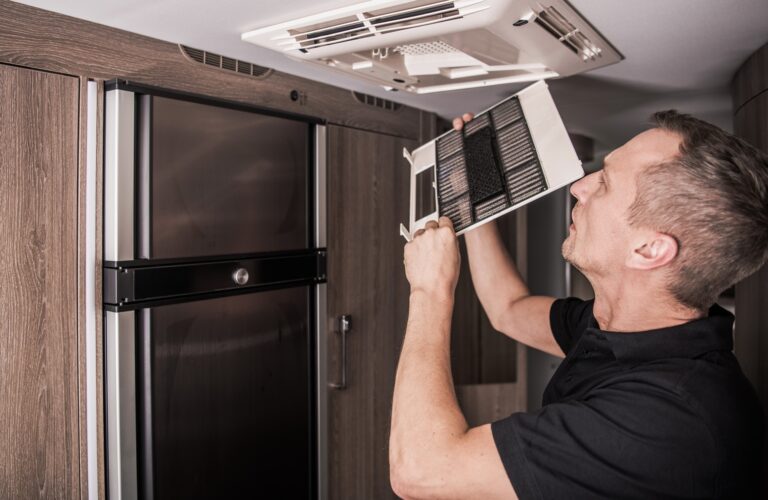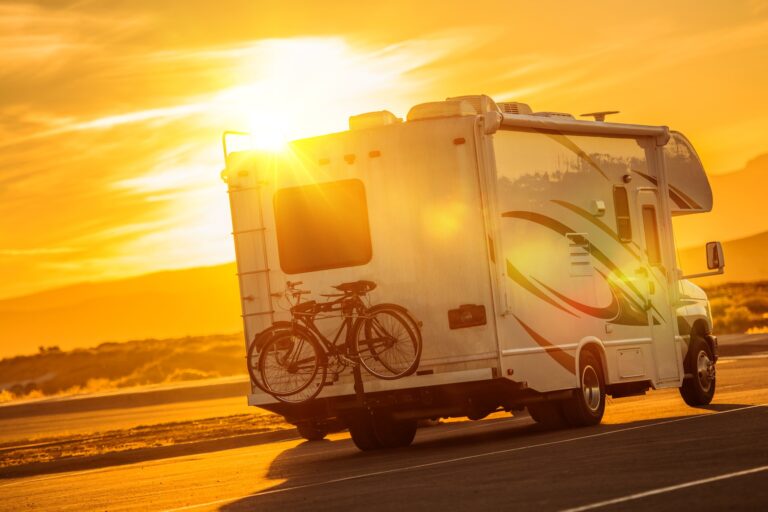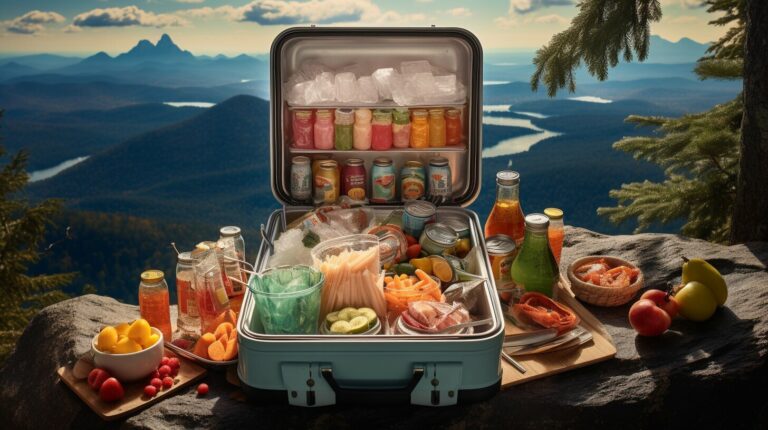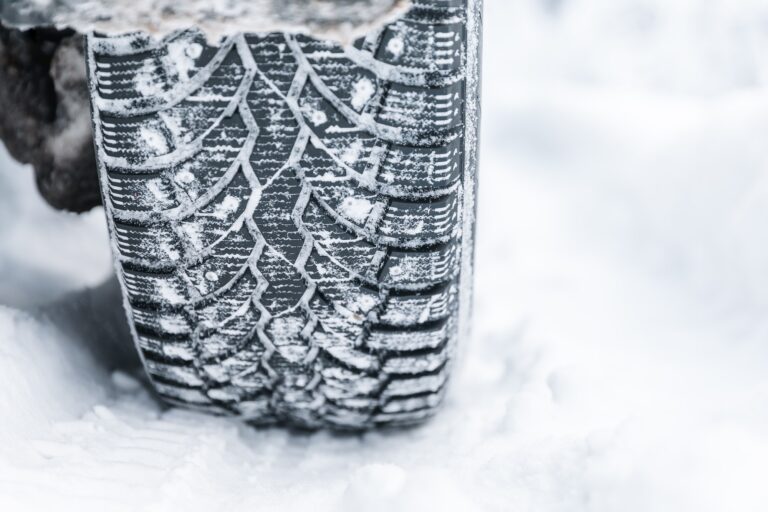As a first-time RV owner, you’re probably excited about the prospect of hitting the open road and exploring new destinations. However, one aspect of RV life that often catches newbies by surprise is dealing with bugs and pests. This comprehensive guide will equip you with the knowledge and strategies you need to effectively deal with bugs and pests on the road, making your RV journey more comfortable and worry-free.
Understanding Your Unwanted Guests
Before you can effectively deal with bugs and pests, it’s essential to know what you’re up against. Here are some common offenders you might encounter:
- Mosquitoes: Found everywhere, these pests are particularly prevalent near bodies of water. They’re most active during dawn and dusk.
- Ants: These tiny invaders can find their way into your RV through the smallest cracks. Some species, like fire ants and carpenter ants, can cause significant problems.
- Flies: Flies are attracted to food and waste, so keep your RV clean to avoid attracting them.
- Rodents: Mice and rats can cause substantial damage to your RV’s wiring, insulation, and other components.
- Wasps and bees: These insects can be a serious problem, especially for those who are allergic to their stings.
Prevention: The Best Defense
Prevention is the best way to keep bugs and pests out of your RV. Here are some tips:
- Inspect Your RV Regularly: Check your RV for cracks, holes, and loose seals where bugs and pests can enter. Pay attention to areas like doors, windows, vents, and where utilities enter the RV.
- Keep Your RV Clean: Clean up food spills immediately, don’t leave dirty dishes out, and take out the trash regularly. A clean RV is less attractive to pests.
- Secure Your Food: Store food in airtight containers to avoid attracting pests.
- Use Natural Repellents: Certain plants, like citronella, lemongrass, and marigolds, can help repel bugs. Essential oils like peppermint, lavender, and eucalyptus can also be effective.
- Avoid Attracting Pests: Don’t leave pet food or bird feeders out, as these can attract pests. Also, be cautious about where you park your RV. Parking near garbage bins or water sources can attract pests.
Dealing with Infestations
Despite your best efforts, you may still find yourself dealing with a pest infestation. Here’s how to handle some common situations:
- Ants: Use bait traps to kill ants. These traps contain poison that the ants carry back to their colony, killing it at the source.
- Mosquitoes: Use screens on doors and windows to keep mosquitoes out. Use bug zappers or mosquito coils for added protection.
- Flies: Flypaper and bug zappers can be effective against flies. Keep doors and windows closed as much as possible.
- Rodents: Use traps or poison to deal with rodent infestations. Seal off any entry points to prevent more rodents from getting in.
- Wasps and bees: If you find a nest on or near your RV, it’s best to call a professional. Trying to remove a nest yourself can be dangerous.
Essential Tools and Supplies
To deal with bugs and pests effectively, there are some supplies you should always have on hand:
- Pest repellent: Choose a product that’s safe for use around children and pets if applicable.
- Traps and poison: These can be effective for dealing with ants, rodents, and other pests.
- Sealant: This can be used to seal cracks and holes in your RV.
- Screen repair kit: This can be used to repair holes in your window and door screens.
- Professional pest control contact: In case of severe infestations, it’s good to have the contact of a professional pest control service.
Dealing with Bites and Stings
Despite your best efforts, you may still end up with a bug bite or sting. Here’s what to do:
- Bites: Clean the area with soap and water. Apply a cold compress to reduce swelling. Use an over-the-counter treatment to relieve itching and discomfort.
- Stings: Remove the stinger if it’s still in the skin. Clean the area and apply a cold compress. Use an over-the-counter treatment for pain and swelling.
- Allergic reactions: If you or someone in your party is allergic to bug bites or stings, make sure you have an epinephrine auto-injector (EpiPen) on hand.
Conclusion
Dealing with bugs and pests is an inevitable part of RVing, but don’t let it deter you from enjoying your adventures on the road. By taking preventive measures, keeping your RV clean, and knowing how to deal with infestations when theyoccur, you can minimize the impact of these unwanted guests on your RV lifestyle.
Remember, the goal isn’t to eliminate every single bug or pest (which would be an impossible task), but rather to manage them to a level that’s tolerable and doesn’t disrupt your enjoyment of RVing. Bugs and pests are part of the great outdoors, and learning to deal with them effectively is just part of becoming a seasoned RVer.
In the end, the freedom and adventure of RVing far outweigh the occasional inconvenience of dealing with bugs and pests. So, stock up on your pest control supplies, keep your RV clean and well-maintained, and don’t let the bugs bite. Happy RVing!






